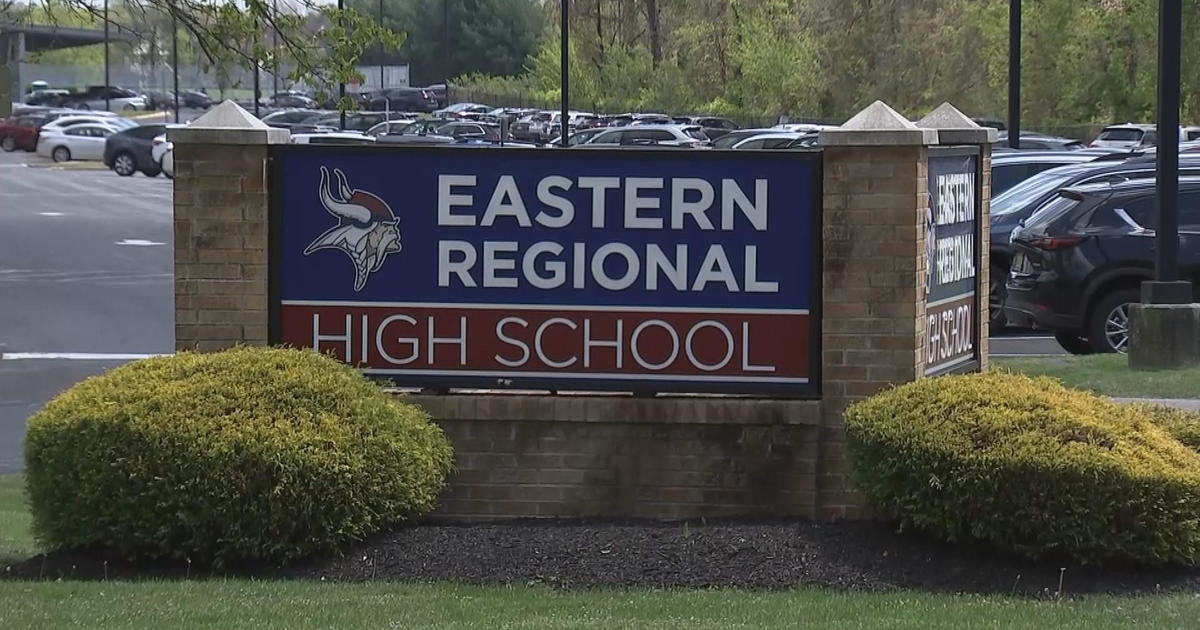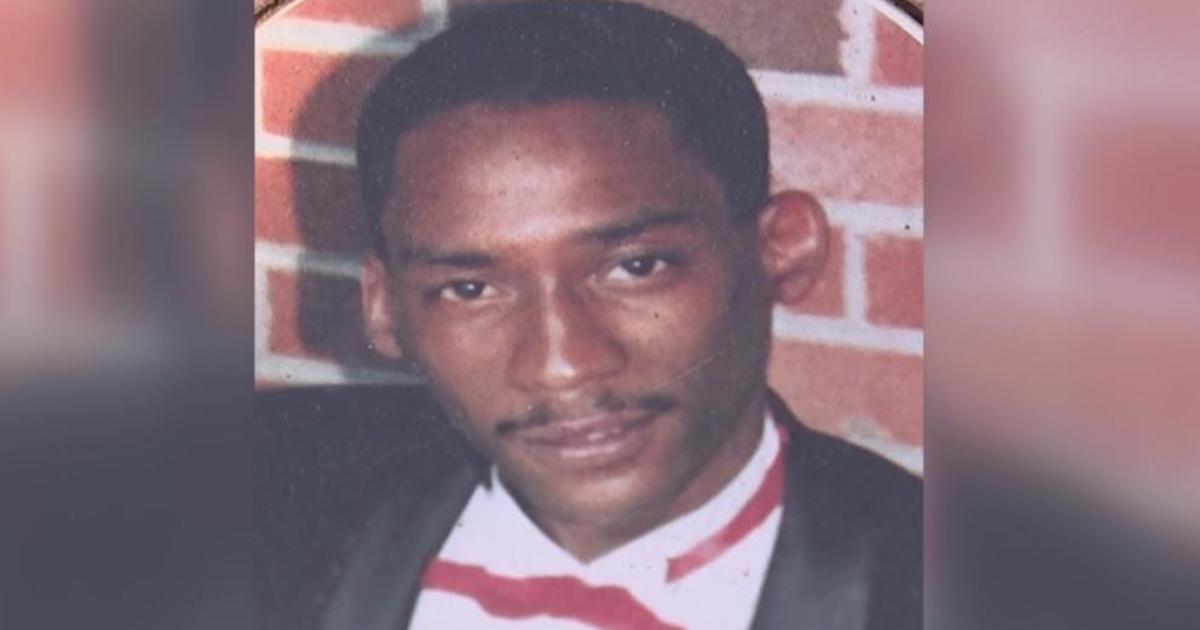Proposals Would Shrink New Jersey Health Benefits
TRENTON, N.J. (AP) -- New Jersey's Republican governor and the Democratic state Senate president agree that public workers must pay more for their health benefits.
The question remains: By how much?
Christie wants benefits changes that make the health insurance system more like the private sector or the federal government, with employees paying about one-third of the costs of whatever benefits plan they choose. The government picks up the other two-thirds.
On Tuesday, Senate President Stephen Sweeney unveiled his plan, which calls for employees to contribute between 12 and 30 percent, depending on income.
Sweeney's plan would be phased in over seven years for families and four years for single coverage employees.
Those making up to $30,000 a year would be expected to contribute up to 12 percent of their salary, while those making $100,000 or more would be required to contribute 30 percent.
Retirees would also be expected to contribute a fixed amount each year—between $2,280 and $5,700, based on pension level. That would also be phased in over seven years.
The health benefits system is underfunded by $67 billion and health care for employees and retirees consumes a larger and larger share of state and local budgets.
Both amount to a significant increase from the 1.5 percent of salary employees now pay.
However, both proposals are in the beginning stages and neither has been acted on. Any reform must be voted on by the Senate and Assembly, which are both controlled by Democrats, and signed by the governor.
The Assembly speaker has not offered up her own plan to reform the health benefits system.
(© Copyright 2010 The Associated Press. All Rights Reserved. This material may not be published, broadcast, rewritten or redistributed.)



